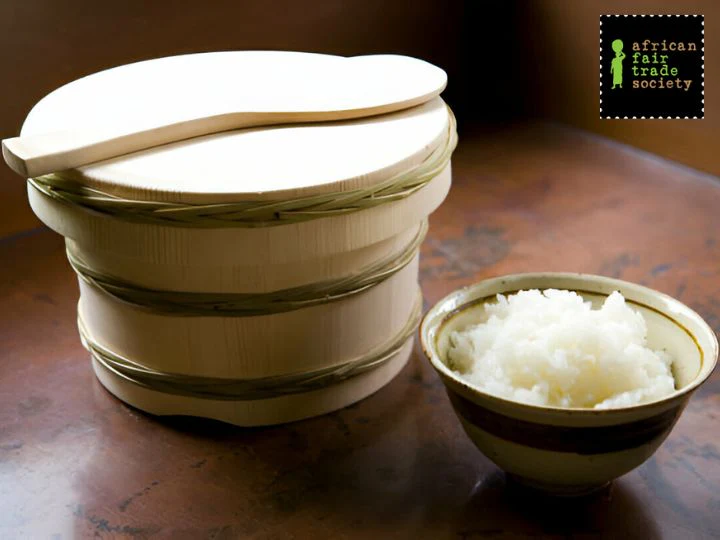
A new Food and Drugs Authority (FDA) report has uncovered worrying levels of lead, cadmium, and mercury in common food and cosmetic products sold across Ghana, sparking fresh concerns about public health and consumer safety.
The National Summary Report on Heavy Metal Contaminant Assessment, supported by UNICEF, surveyed markets in all 16 regions of the country. The findings revealed high contamination rates in turmeric, cereal mixes popularly known as tom brown, bentonite clay (ayilor), kohl (kaji kaji), and some skin-lightening creams and lotions.
According to the report, kohl products were the most contaminated, with nearly 78 percent testing positive for lead. In the Upper East and Eastern regions, contamination reached 100 percent. Turmeric followed with a 42 percent contamination rate for lead, with Greater Accra and Central regions recording the worst levels.
Cereal mixes recorded a 29 percent contamination rate for cadmium, particularly in the Northeast, Western North, and Oti regions, while bentonite clay showed a 24.6 percent contamination rate for lead, mostly in the Northeast and Greater Accra.
The FDA stressed that unbranded items from open markets and retail shops were the main culprits.
“Traceability of food products should be taken seriously. We must know if these foodstuffs are coming from galamsey areas so that we can stop the supply,” said Roderick Kwabena Dadie Agyei, Deputy Chief Executive of the FDA’s Food Division.
He added that contaminated turmeric brands were already being recalled, with tougher import inspections and expanded safety checks for cereal mixes underway. “The heavy metals are causing birth defects and serious health challenges. We need to stop galamsey and change our agricultural practices,” he warned.
The report also noted a glimmer of good news: in some regions, skin-lightening creams and lotions showed 100 percent compliance, with no mercury detected.
From UNICEF’s perspective, the health risk cannot be underestimated. Rev. Dr. Emmanuel Kyerematen Amoah, Health Specialist at UNICEF Ghana, explained that even the smallest amount of lead could harm children’s brains, reduce IQ, impair learning, and cause kidney and heart complications.
“This report is not the end; it is a call to decisive action,” he stressed. “We owe it to our children, our families, and generations yet unborn to make this country safe from the devastating effects of lead.”
He urged government, regulators, and businesses to work together to enforce strict standards and promote safer alternatives in order to protect public health.
The FDA says it remains committed to protecting consumers and will tighten surveillance to keep harmful products off the Ghanaian market.
Discover more from Hot Stories Ghana
Subscribe to get the latest posts sent to your email.































































































